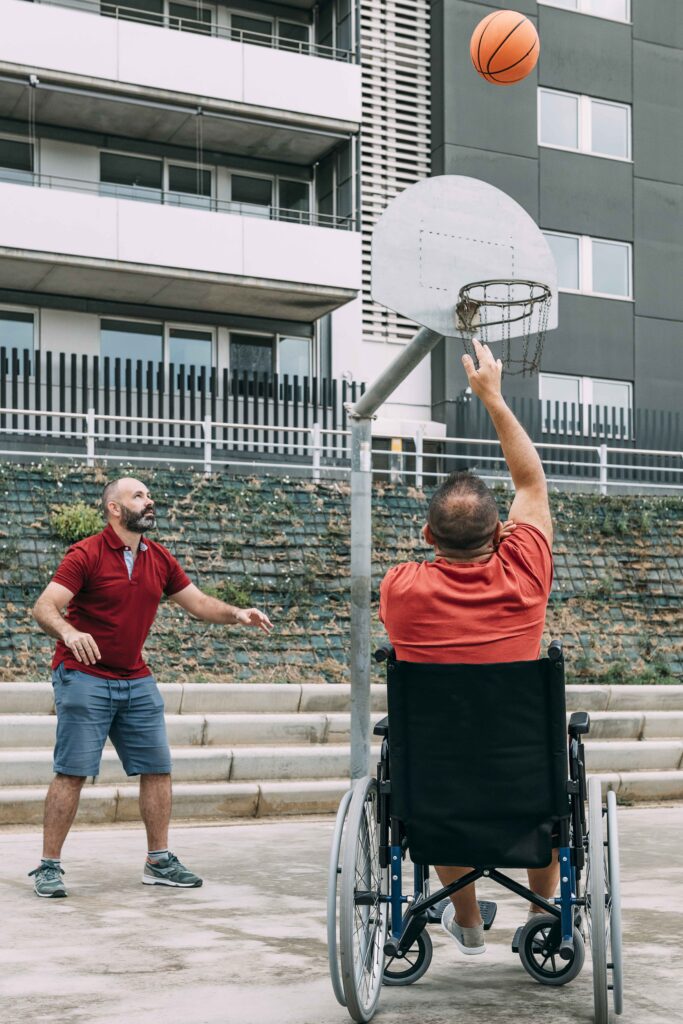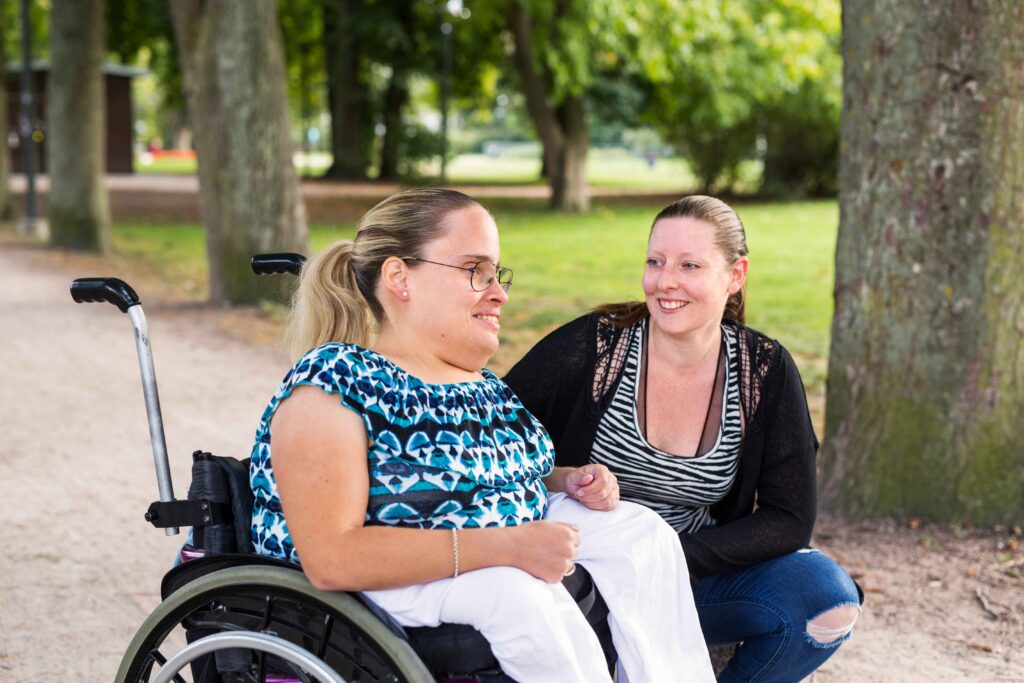Caring Support’s Community Participation Supports is designed to provide individuals with Intellectual and Developmental Disabilities the opportunities and support for community inclusion and skill development for potential competitive integrated employment. Our services are planned according to each individual’s interests, preferences and strengths while reflecting on his/her desired outcomes related to employment, community involvement and community participation. The main objective of this service is to support community life, secondary to employment, as a primary goal. Everybody has the right to participate in and be accepted by their community, regardless of ability.


If you’d like to work in the community, our supported employment program helps you find a job. This program helps in three phases of the job search process:
In-Home Community Support is a direct service provided to assist people in acquiring, maintaining, and improving the skills necessary to live in the community, to live more independently, and to participate meaningfully in community life. The type and amount of assistance, support, and guidance is established through the assessment and person-centered planning process. Services consist of assistance and support.


Respite Services are direct services that are provided to supervise and support participants living in private homes on a short-term basis due to the absence or need for relief from those people normally providing care. Everyone needs a break. The love, service and support that is required when caring for an individual with an intellectual and/or developmental disability can be draining. To help caregivers relax and recharge, Caring Support Services provides a variety of respite care services. In most situations, a Caring Support Services member comes into the home for a set number of hours or days including overnight.
Companion services are provided to individuals living in their own homes to provide supervision and assistance that is focused on the health and safety of that individual. Companion services are used in lieu of habilitation services to protect the health and welfare of the individual when habilitative outcomes are not appropriate or practical (i.e. when the individual is not learning, enhancing, or maintaining a skill).
